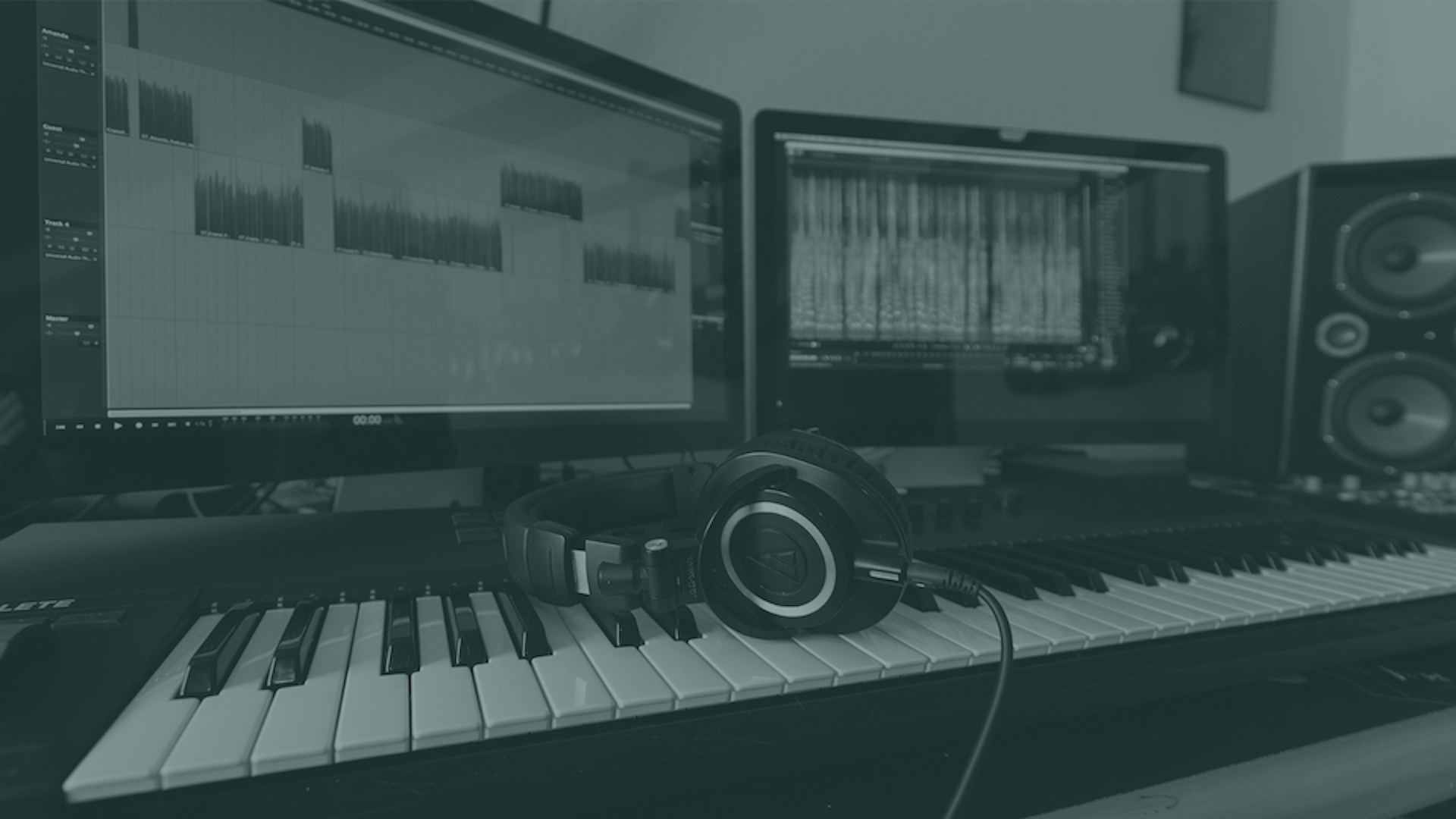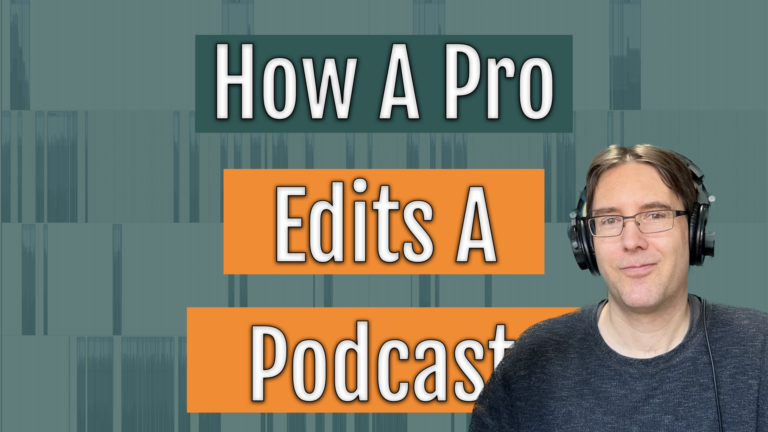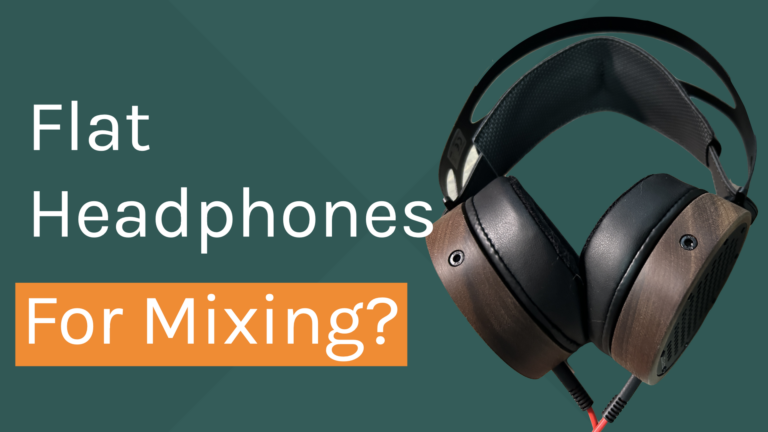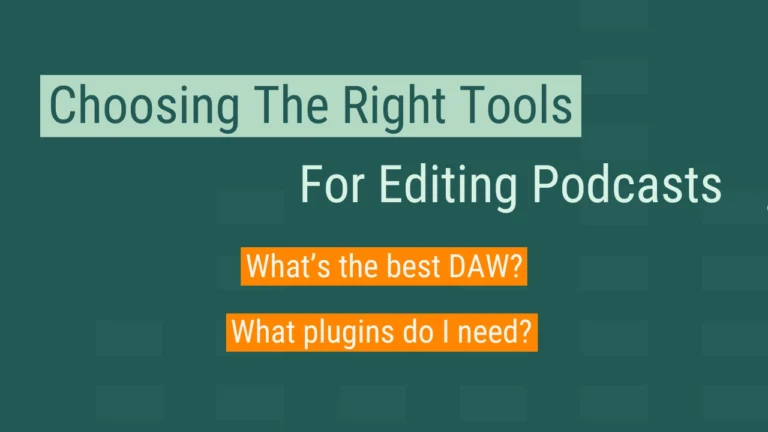
Podcasting has exploded in popularity over the past few years, with millions of people tuning in to listen to their favorite hosts talk about everything from true crime to politics to pop culture. But as the number of podcasts continues to grow, so too does the importance of podcast editing.
In this post, we’ll explore the many benefits of podcast editing from a listener’s perspective, and take a deep dive into the various techniques that podcast editors use to create a polished and engaging listening experience.
Why is podcast editing important for listeners?
Podcast editing is the process of refining and polishing the raw audio of a podcast episode before it’s released to the public. This can involve a wide range of techniques, from cutting out awkward pauses and tangents to adding music and sound effects to enhance the listening experience.
But why is this important for listeners? Well, there are several reasons:
A well-edited podcast is more engaging.
When you’re listening to a podcast, you want to feel like you’re part of a conversation. You want to be engaged, entertained, and informed. A well-edited podcast can help achieve all of these goals by creating a smooth, polished listening experience that keeps you hooked from start to finish.
For example, imagine listening to a podcast where the hosts frequently interrupt each other or go off on tangents. It can be frustrating and distracting, and it can make it difficult to stay engaged with the content. But when the hosts are edited to sound more polished and organized, it’s easier to stay invested in the conversation and absorb the information being shared.
Podcast editing improves the sound quality.
Another important benefit of podcast editing is that it can improve the overall sound quality of the episode. This means that you’ll be able to hear the hosts more clearly, and there will be fewer distractions from background noise or other audio issues.
For example, a skilled editor can use noise reduction tools to remove background hum or hiss, or use compression to balance out different voices. They can also adjust the volume levels to ensure that everything is easy to hear, eq out resonances or harsh frequencies, de-ess and ensure each episode hits industry loudness standards.
Editing can help streamline the content.
And finally, podcast editing can help streamline the content of the episode and make it more digestible for listeners. This means cutting out unnecessary tangents, tightening up the pacing, and highlighting the most important parts of the conversation.
When done correctly, this can make the episode feel more cohesive and well-organized, and ensure that listeners come away with a clear understanding of the main points being discussed. It can also help the hosts stay on track and avoid getting bogged down in details that aren’t essential to the episode’s theme.
What are some common podcast editing tasks?
Now that we’ve explored the benefits of podcast editing, let’s take a closer look at some of the most common tasks that podcast editors perform to create a polished and engaging listening experience.
Removing filler words and awkward pauses.
One of the most basic but essential podcast editing techniques is removing filler words like “um” and “uh” and cutting out awkward pauses or silences. These small tweaks can make a big difference in the overall flow of the episode and help keep listeners engaged.
Adjusting the pacing.
Another key technique is adjusting the pacing of the episode to ensure that it doesn’t drag or feel too rushed. This might involve cutting out unnecessary tangents or editing down longer segments to keep the episode moving at a steady clip.
Levelling different voices and sounds.
When multiple people are speaking on a podcast, it’s important to level out their voices so that everyone can be heard clearly. This might involve adjusting the volume levels for different speakers, or using EQ to make sure that each person’s voice sounds balanced and natural.
In addition to balancing out voices, podcast editors can also adjust the levels of other sounds like music or sound effects to create a more immersive listening experience. For example, they might add background music to set the mood or use sound effects to punctuate key moments in the story.
Enhancing the sound quality.
As I mentioned earlier, podcast editors can use a variety of tools and techniques to improve the overall sound quality of the episode. This might involve removing background noise or hum, using EQ to remove resonances or increase intelligibility, or adding compression to make the sound more consistent and polished.
In a narrative podcast, they might also use effects like reverb or delay to create a more natural or immersive listening experience, or add sound design elements like foley or ambiance to make the episode feel more dynamic and engaging.
Creating a cohesive narrative.
Finally, one of the most important aspects of podcast editing is creating a cohesive narrative that ties together all of the different elements of the episode. This might involve rearranging segments to create a more logical flow, or adding transitions to help listeners move smoothly from one topic to the next.
A skilled podcast editor can help the hosts tell a compelling story that keeps listeners engaged from start to finish. They can also help highlight the most important parts of the conversation and ensure that listeners come away with a clear understanding of the main points being discussed.
As you can see, podcast editing is an essential part of creating a great listening experience for audiences. By using a combination of techniques like removing filler words, balancing different voices and sounds, and enhancing the overall sound quality, podcast editors can help hosts create engaging, informative content that keeps listeners hooked from start to finish.
If you’re thinking of starting your own podcast, it’s important to understand the importance of podcast editing and how it can help you create a polished, professional product. Whether you choose to do the editing yourself or hire a professional editor, taking the time to refine and polish your episodes will pay off in the long run with a loyal and engaged audience.






